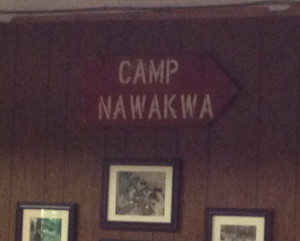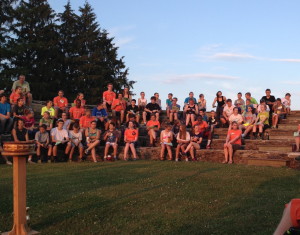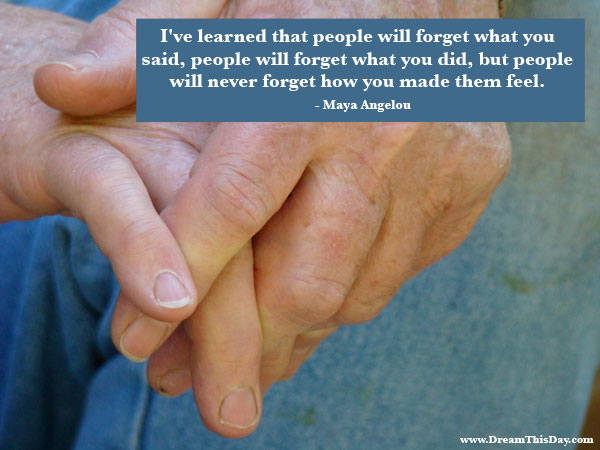 Yesterday I went back to camp. Camp Nawakwa that is, outside of Arendtsville, Pennsylvania. A good friend of many years was helping to run one for 12-15 year olds this week and asked me to come speak during their opening service. The theme of the week was “The Hunger Games.” The kids would be learning about world hunger and would be doing an Oxfam Hunger Banquet on Wednesday.
Yesterday I went back to camp. Camp Nawakwa that is, outside of Arendtsville, Pennsylvania. A good friend of many years was helping to run one for 12-15 year olds this week and asked me to come speak during their opening service. The theme of the week was “The Hunger Games.” The kids would be learning about world hunger and would be doing an Oxfam Hunger Banquet on Wednesday.
My friend had asked me months ago and I had written down some thoughts and ideas to share. But as I stepped onto the camp grounds, a flood of my own memories from Camp Carol Joy Holling had me second-guessing. What did I know or think about world hunger at that age? What’s a message that would be worth recalling in the upcoming week, or months or years ahead of them that could be helpful?
As kids from the US, they would get the “you can make a difference” idea from many other places. What could I offer to help them step into that role more gracefully than I had?
If they were going to be talking about the “poor” and “hungry” and “needy” this week, I decided I wanted to challenge that notion from the start. I decided to talk about the risk of “othering.” What I struggled with was how in the world I was going to convey this.
The advice from my friend right before the service was, “Just tell them.”
 So as the sun set behind me and the supermoon rose in front of me last night, I checked my notes briefly once again, stepped before the 100 or so kids and their counselors and pastors, and then forgot it all. I decided to trust their ability to handle complexity.
So as the sun set behind me and the supermoon rose in front of me last night, I checked my notes briefly once again, stepped before the 100 or so kids and their counselors and pastors, and then forgot it all. I decided to trust their ability to handle complexity.
To gain their trust, I knew I would just have to be even more vulnerable myself. So I just let the words roll.
Here’s what I attempted to share with them, perhaps not so eloquently, but genuinely:
The difference between sympathy and empathy is feeling bad for or about someone vs. feeling with someone, or putting ourselves in their shoes. I read them “Barefoot in Church” by Gary Adams, to demonstrate the difference. I let my voice shake on the last two paragraphs.
I asked had they ever been in a situation in which they wished someone had done something with you, rather than for you? (Examples: Mom or dad does your science fair project, someone during group work in school takes over.) They nodded. This was the same as the barefoot boy paraded in front of the church had felt as the object of charity.
The danger of only feeling sympathy is that it can lead to pity. It can emphasize people’s perceived weaknesses, making us feel better about ourselves. It can make others the victims and ourselves the heroes. It can fuel “us” vs. “them.”
I’ve been some places in the world. There is no such thing as us and them, actually.
People don’t want pity or charity. They want opportunities, and solidarity, and hope.
As the kids learn more about how poverty and injustice and circumstance are linked this week at camp, what I hope they’ll remember is that change begins with seeing others as fully human.
How we see the people we attempt to help affects how we act towards them…something not just young people need to understand.


